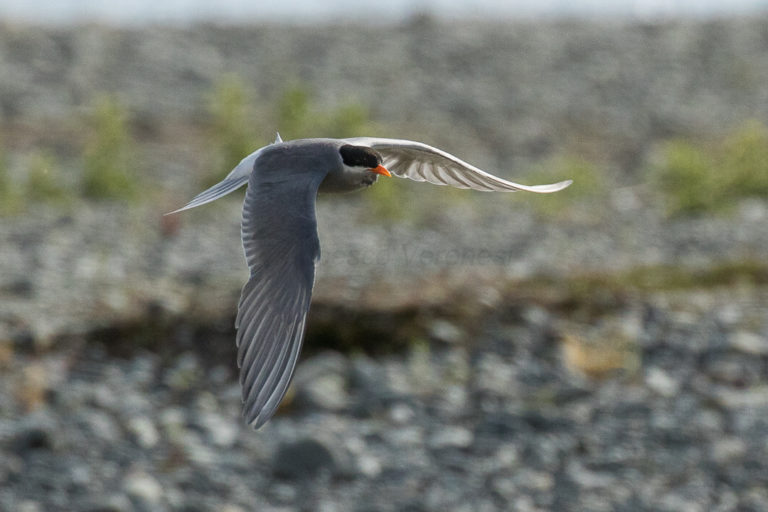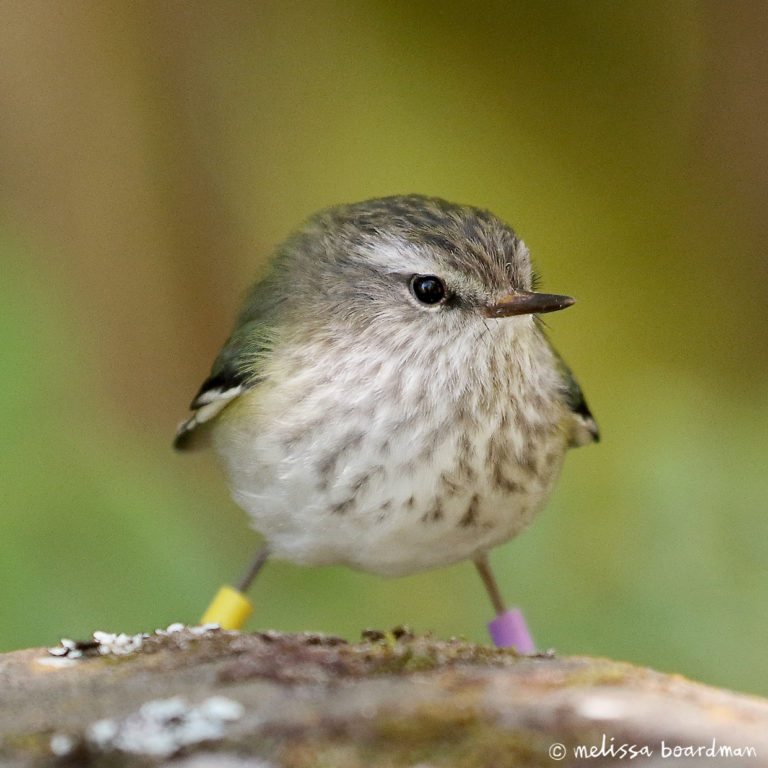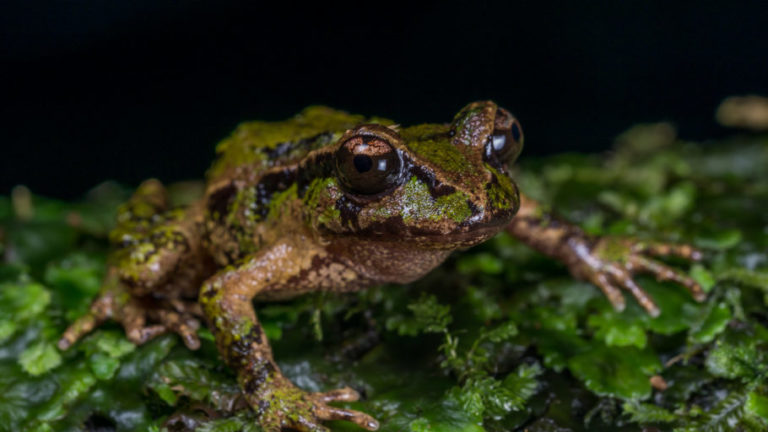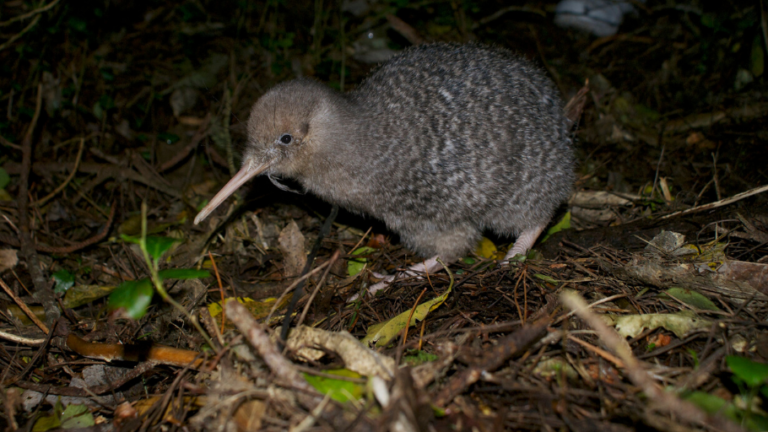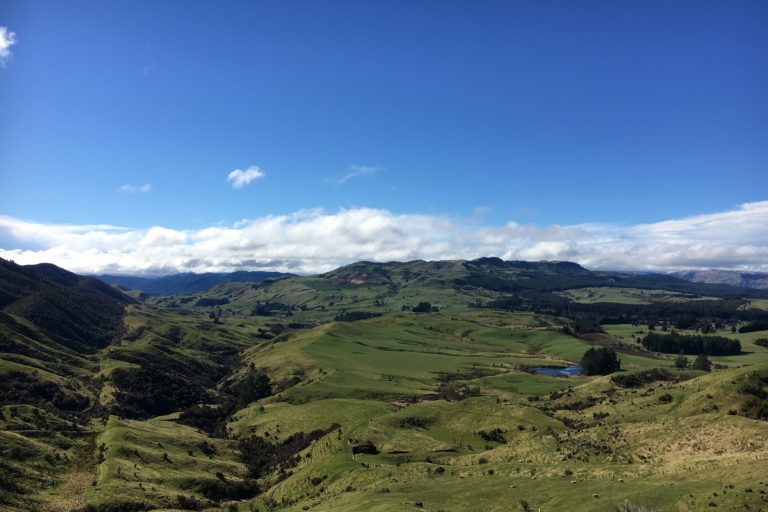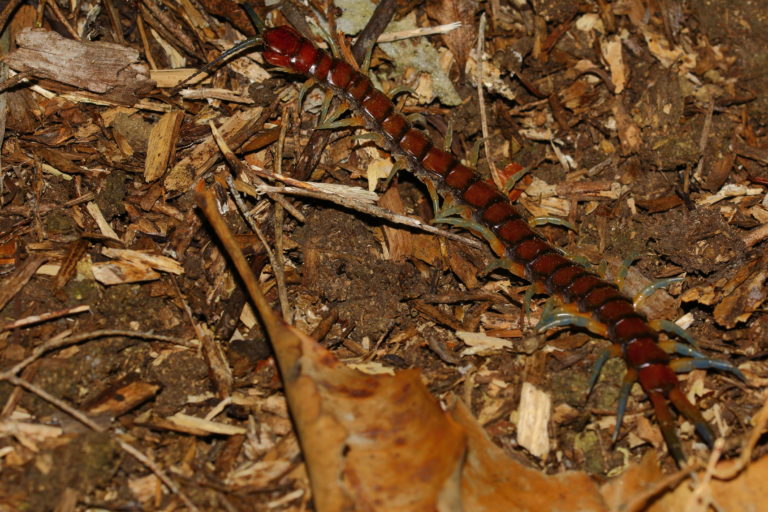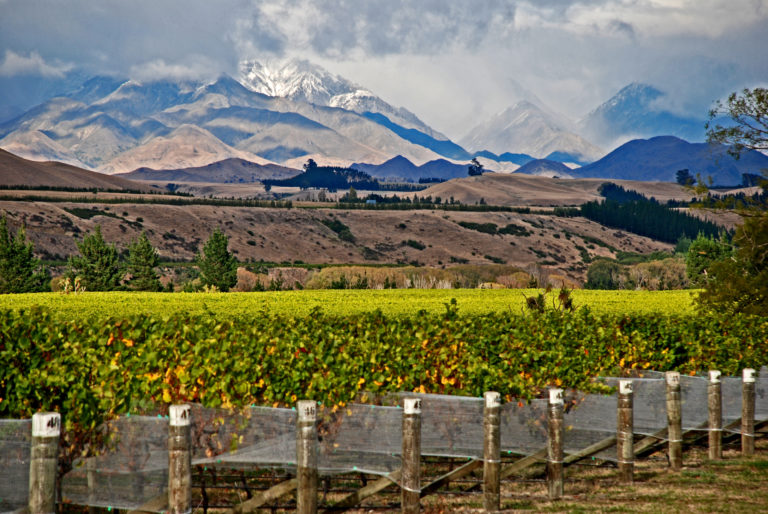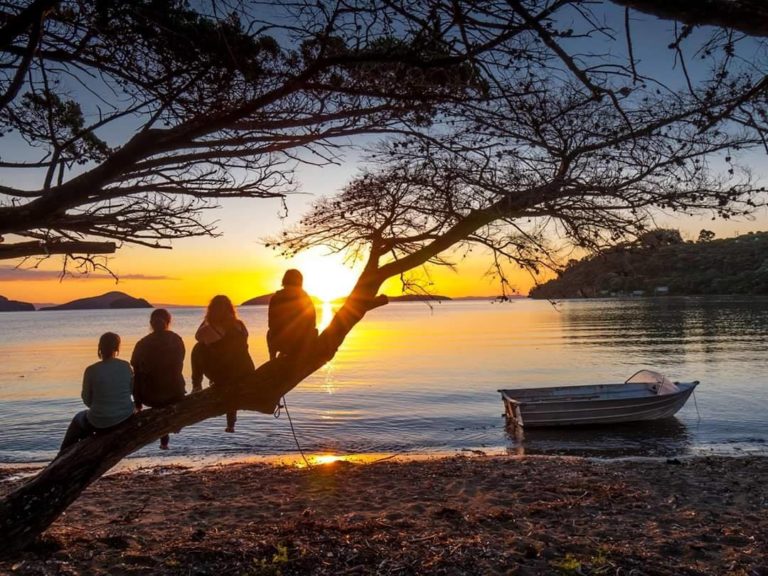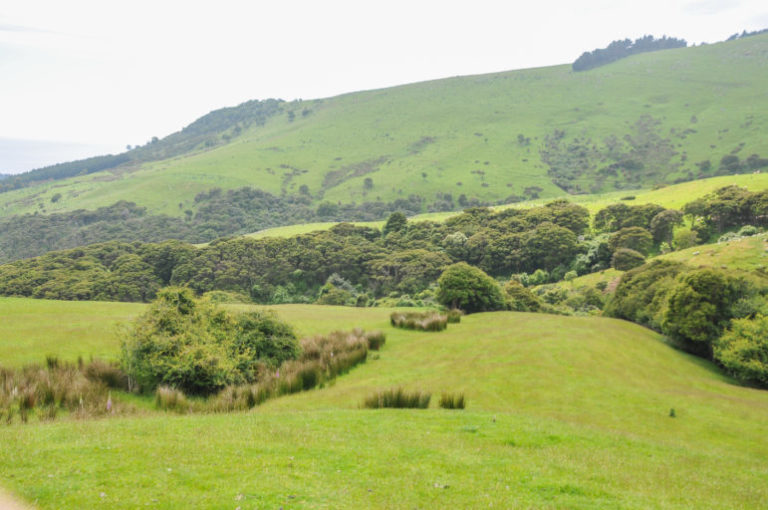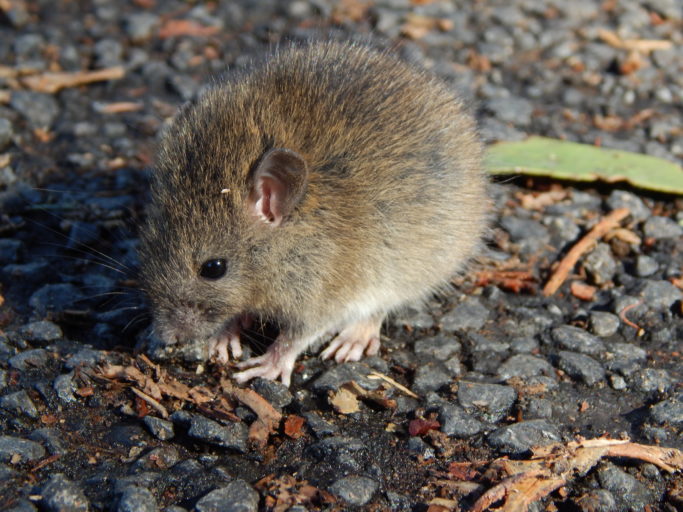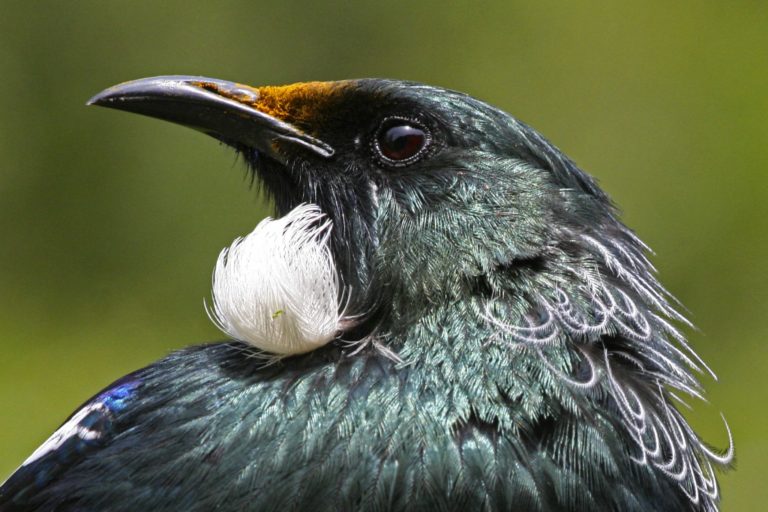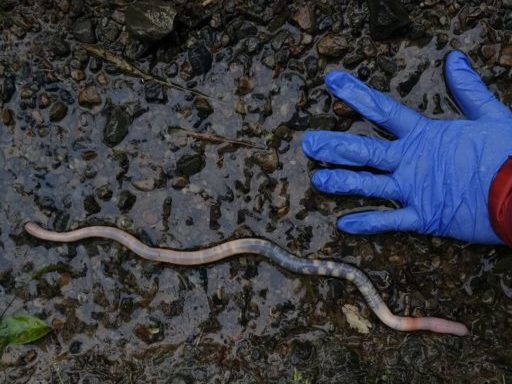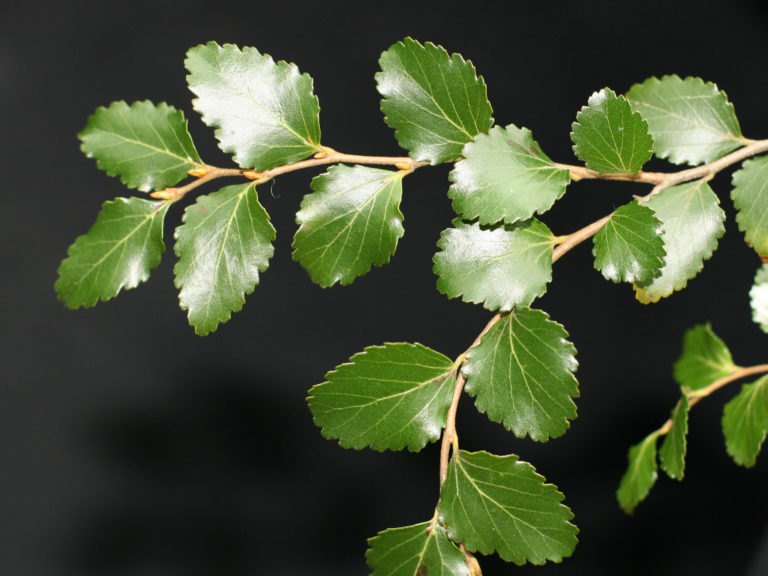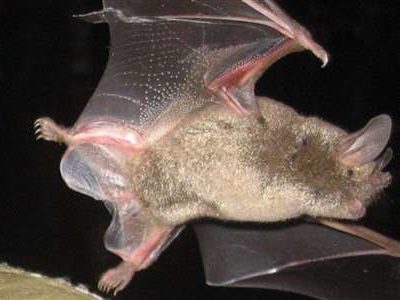Other articles written by Kate Guthrie
‘Social attractants’ tested for terns
Conservation management on SI braided rivers would be just a little easier if nesting colonies could be persuaded to return to a particular site each year.
Less stress = translocation success for tiny rifleman
Finding ways to reduce translocation stress can save lives. And the lives that are saved are often those of rare and endangered taonga.
Meet NZ’s very ‘unfroglike’ frogs
Think of everything you know about frogs and chances are New Zealand’s native frogs do things differently. Frogs croak loudly right? Not ours.
Know your bird calls – human brain vs hard-drive
It was human vs hard-drive in Rawhiti, Northland when researchers pitted volunteer bird enthusiasts of various ages and experience against Autonomous Recording Units (ARUs).
Farm between two forests rich in rare wildlife
Dan Herries manages Taramoa Station in Puketitiri, Hawke’s Bay, which lies between two significant and beautiful blocks of forest.
Rats, mice and 264,457 tracking records shed light on rodent dynamics
Researchers used 264,457 tracking records from 23,709 tracking tunnels to get a clearer picture of how ship rat and mouse populations relate to each other.
Many-legged giant predator stalks NZ forests
‘Giantism’ is a bit of a thing on isolated islands and in Aotearoa we still have a few giants out there lurking in the undergrowth.
‘Wine wētā’ makes itself at home in Marlborough vineyards
It has been nicknamed the ‘wine wētā’ due to its habit of hanging out in Marlborough vineyards. Scientists have been trying to find out more about it.
Aaron and Raine team up to tackle predators at Shelly Beach
After returning from a conference inspired about predator control Aaron was keen to get a programme started at Shelly Beach TOP 10 Holiday Park.
When economics meets ecology – assessing the ‘ecosystem services’ of farmland
Wetland areas and covenanted bush blocks on farms have a clear ecological value, but do they have an economic value as well? The answer is yes.
Study looks at kiore when rival rat species absent
The kiore was Aotearoa/New Zealand's first introduced mammal predator, arriving about 750 years ago with seafaring Polynesian explorers.
Tūī numbers treble in predator control study
Researchers looked at how bird populations on the Ipipiri Group in the eastern Bay of Islands, responded to predator control by Project Island Song.
Underground giant glows in the dark but is rarely seen
No-one knows exactly how big the North Auckland worm grows – we just know that they get to at least 1.4 metres long, maybe 2 centimetres in diameter.
Blue Mountains study shows 1080 effective – even for hedgehogs, mice
A 1080 operation in the Blue Mountains, West Otago, not only controlled rats, stoats and possums but also had an impact on mice and hedgehogs.
Native bats may have fern dispersal role
Bats may have a role in spreading fern spores, helping the spores to spread a greater distance than they might otherwise manage without a helping wing.

